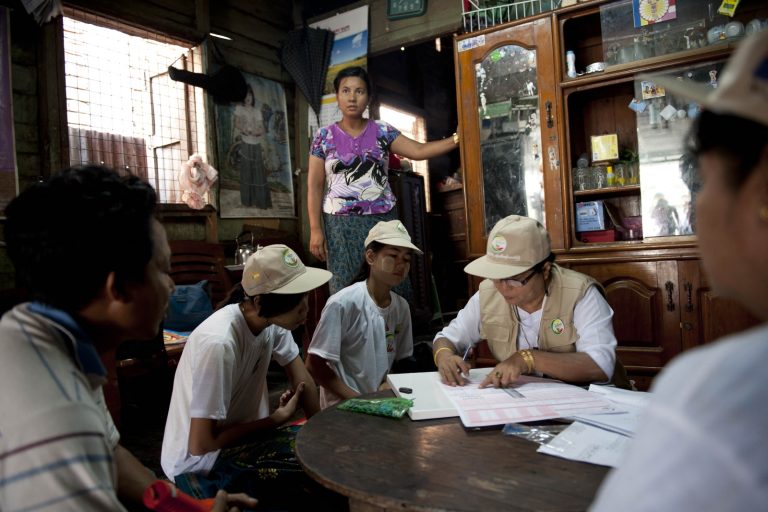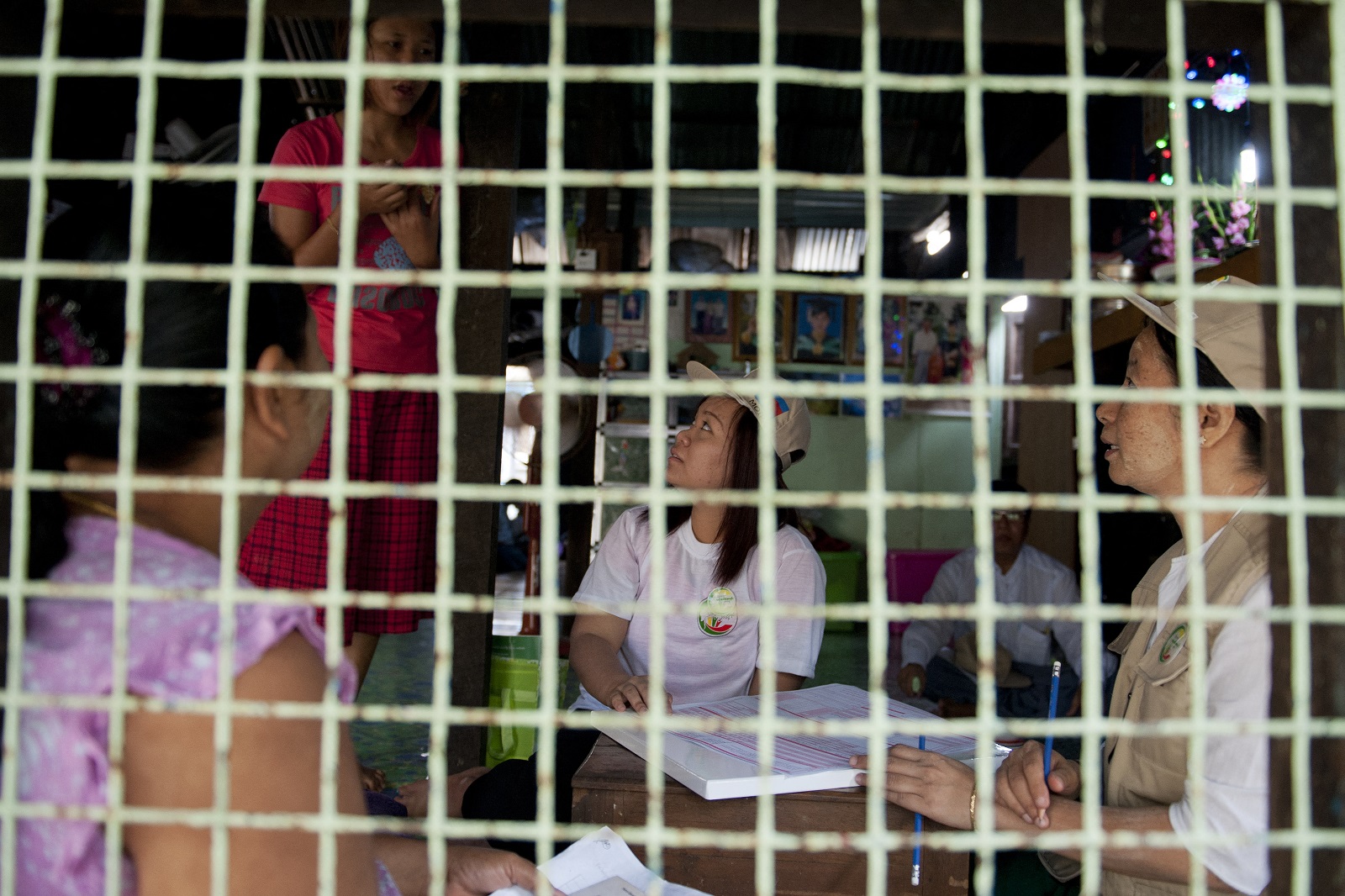The government needs to stand by its pledge to accept an NLD victory and should disregard a number of vexatious election complaints from losing candidates.
Just over two weeks ago, Myanmar went to the polls. The people and Myanmar watchers hailed the absolute majority achieved by the National League for Democracy as a welcome and just outcome.
An absolute majority is by definition bad for the democratic process. This will probably also be the case in Myanmar, where an NLD government will need to solve many problems but lacks the experience and the means to do so.
Just as important is the question whether the election numbers provided so far by the Union Election Commission will be the same as the final result.
It is quite possible that the army leadership and the Union Solidarity and Development Party top brass have noticed what they would regard as the potential risk of allowing the NLD to run the country solo. Comments made by Union Solidarity and Development Party central executive committee members, including losing election candidates, to our correspondent in Nay Pyi Taw indicate that it did not expect the scale of its defeat. The USDP had always anticipated a transitional period during which a coalition government would be the logical way forward.
The latest wrangling over the high-level talks requested by NLD leader Daw Aung San Suu Kyi on an orderly transfer of power suggests that the ruling elite has found a way out of its quagmire.
Support more independent journalism like this. Sign up to be a Frontier member.
President U Thein Sein and Tatmadaw Commander-in-Chief Senior General Min Aung Hlaing have each indicated that they will only meet Daw Aung San Suu Kyi after the electoral process has been finalised.
It was initially understood that this meant the President would sit down with the NLD leader after the UEC announced the election result based on the vote count. It has since emerged that the President will only agree to a meeting after the UEC has resolved all of the election complaints lodged by candidates. It is a process that could take months. In the 2010 election one of the disputed seats was only granted to the USDP after a year of deliberations.
It seems that President U Thein Sein does not want to hold talks on the basis of the current election result.
It might be that the President expects the result to change. This could well turn out to be the case, because more than 100 USDP candidates have lodged complaints against their NLD rivals.
Recent history does not bode well for the process to follow. In 2010 the USDP routinely dismissed opposition complaints, after an election described as fraudulent by international election watchdogs. During this year’s election campaign, many Muslim candidates were ruled by the UEC to be ineligible for reasons best described as dubious.
Trust in the ability of the UEC to handle complaints in an unbiased way is understandably low.
Let’s assume that all the complaints lodged by USDP candidates are upheld and the disputed electorates are handed to members of the ruling party. What would this mean for the power balance in the Union parliament?
The answer is simple: The NLD would lose its majority and be forced to find allies and forge a coalition. From a democratic, policy and capacity perspective this would be good for the country, because the NLD is in no shape to govern on its own. The comment by Daw Aung San Suu Kyi in a post-election interview that she would reveal all of the NLD’s policies after it had assumed government was not reassuring. A major political party is expected to have formulated and disclosed its policies ahead of an election.
But a “correction” of the election result in a sly way, with the international community already looking in other directions for another cause to champion, would be unjust and a denial of the will of the people.
The ability to display probity in the face of defeat is honourable. President U Thein Sein needs to stand by his pledge to accept a NLD victory and transfer power smoothly and unconditionally.






